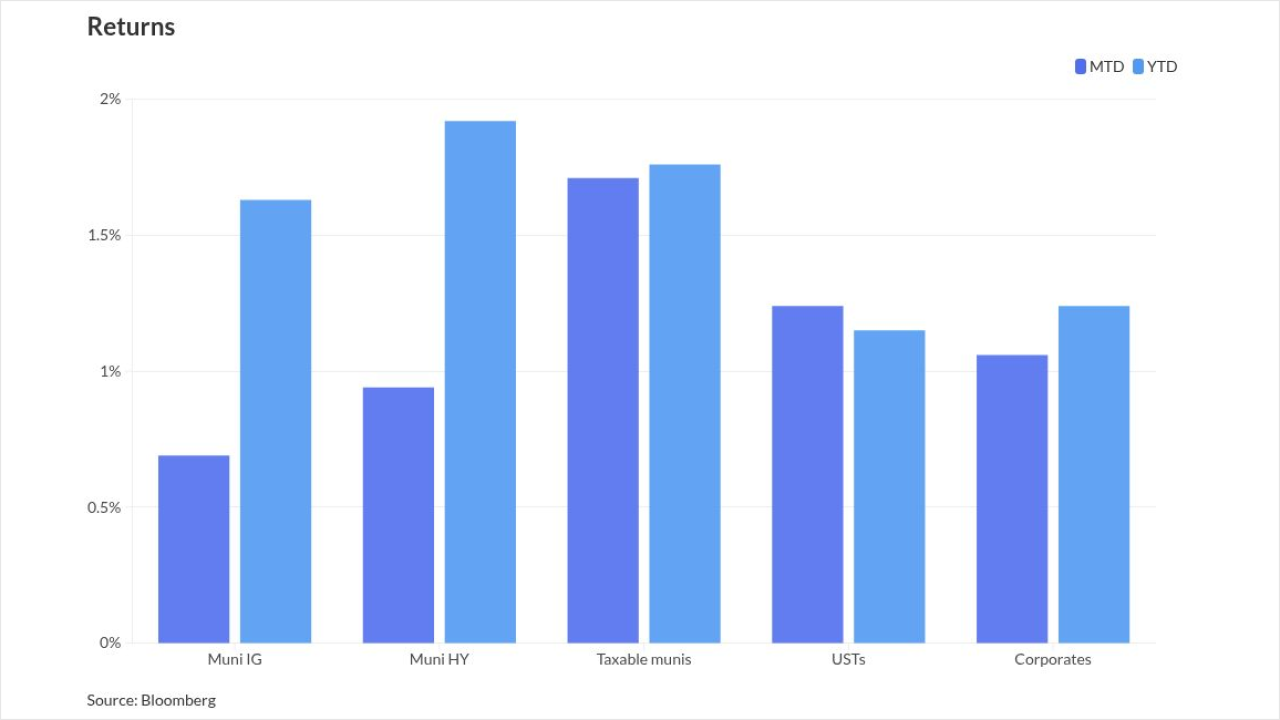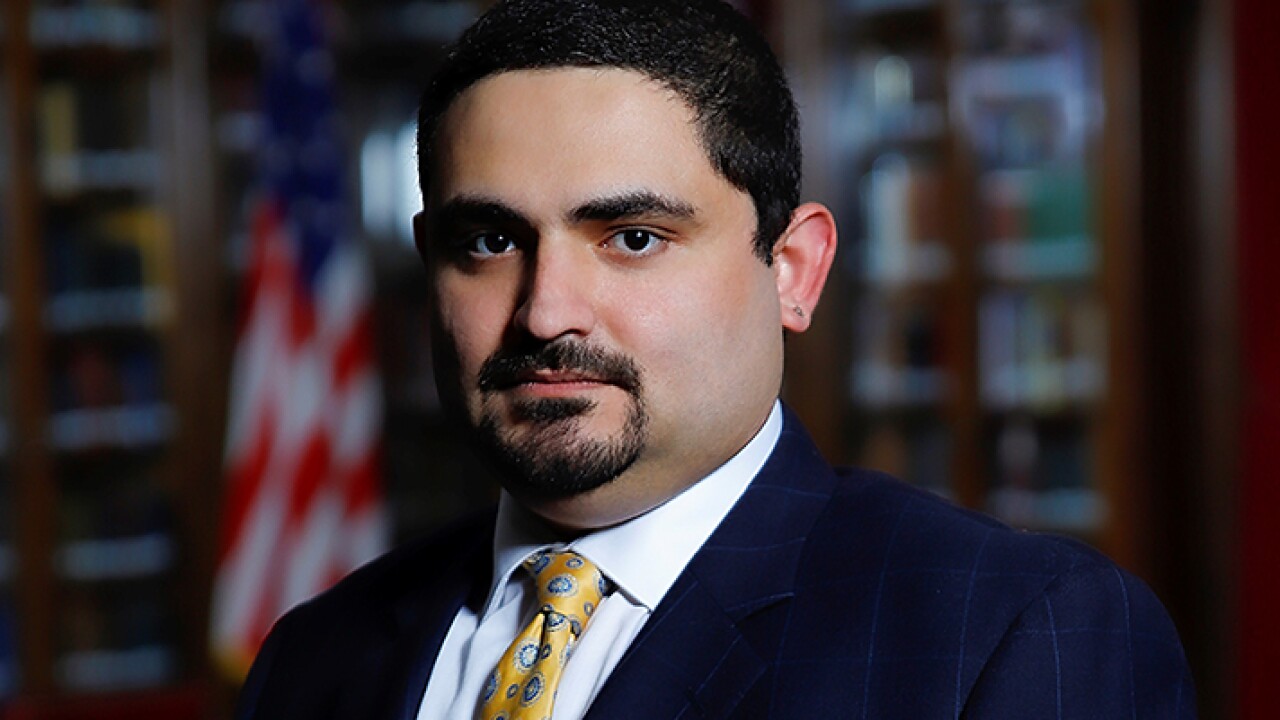WASHINGTON — Berkshire Hathaway Inc.’s Warren Buffett warned a panel investigating the causes of the financial crisis Wednesday that states and localities may face “terrible” financial distress in the next five to 10 years that in turn could lead some to look to the federal government for bailouts.
In raising concerns about the possibility of severe disruptions in the municipal market, Buffett was responding to a question posed by Phil Angelides, chairman of the Financial Crisis Inquiry Commission, which was meeting in New York to discuss the role of rating agencies in the crisis.
While much of the hearing focused on the agencies’ unduly high ratings of mortgage-related structured finance products, Angelides asked if Buffett saw any other risks with the rating agencies’ current models.
“If you are looking now at something where you could look back later on and say, 'These ratings were crazy,’ that would be the area,” the Oracle of Omaha said of states and localities paper. “I don’t think Moody’s [Investors Service] or Standard & Poor’s or I can come up with anything terribly insightful about the question of the state and municipal finance five or 10 years from now except for the fact there will be a terrible problem and then the question becomes will the federal government [bail them out].”
Though Buffett, who is the largest shareholder in Moody’s, said that he believes there is “utility” to the rating agencies, he suggested he would only rate munis triple-A if the federal government were likely to step in and assist a distressed state or locality.
“If the federal government won’t step in to help them, who knows what they are?” he said.
His remarks come just months after Moody’s and Fitch Ratings have completed vast municipal recalibrations that raised thousands of ratings in order to put munis on the same scale as corporate and sovereign credits. Some issuers, including the man in Angelides’ old job — California Treasurer Bill Lockyer — have said ratings should only measure the likelihood of default, and therefore should be still higher to reflect the low incidence of municipal defaults.
Buffett’s concerns also come as his Berkshire Hathaway Assurance Corp. has limited the number of bond deals it will agree to insure, backing just $40 million in 2009 compared with $595 million the year before.
In a March interview, Ajit Jain, who runs BHAC, which was launched in 2007, said the company did not find the “economics of the business attractive enough to be able to justify risking capital, so, you know, we haven’t been doing much.”
In a letter to shareholders last year, Buffett struck a cautious tone in his discussion of muni bond insurance. He argued that reliance on historically low default rates was misleading as the data dealt primarily with an uninsured market. With insurance in the picture, he said municipalities would have less incentive to make concessions and could instead force the insurers to pony up.
Some municipal market participants Wednesday dismissed Buffett’s concerns, saying issuers are so stressed already that if a wave of governmental defaults were going to occur, it would likely already have happened already.
The number of bonds currently in default proceedings totals $6.3 billion across 221 issues — of which only 14 are rated debt — according to Municipal Market Advisors, which compiles default data collected by the Municipal Securities Rulemaking Board.
But some market participants speculated that the Securities and Exchange Commission may use Buffett’s remarks as additional fodder for its calls for increased regulatory authority over munis. Currently, the SEC only has authority to enforce the antifraud provisions of the securities laws on municipal issuers. The commission also regulates issuers’ continuing disclosure indirectly through broker-dealers. It recently announced plans to host a series of field hearings to discuss ways to improve muni market regulation.
During the height of the financial crisis, the Treasury Department and the Federal Reserve excluded the municipal market from most of their economic recovery programs. Calls to establish a liquidity facility to backstop municipal variable-rate demand obligations were flatly rejected by the Fed, though Treasury, Fannie Mae and Freddie Mac did use their existing regulatory authority to establish a facility of limited scope to assist the market for municipal housing debt late last year.
Angelides’ commission was established last year by Congress and charged with figuring out what caused the financial crisis.
The 10-member, bipartisan panel is examining 22 facets of the crisis, including financial institutions’ reliance on rating agencies and the use of ratings in regulation and securitizations.
The commission has the power to hold hearings and subpoena witnesses and documents. It expects to deliver a report on the crisis in December.





